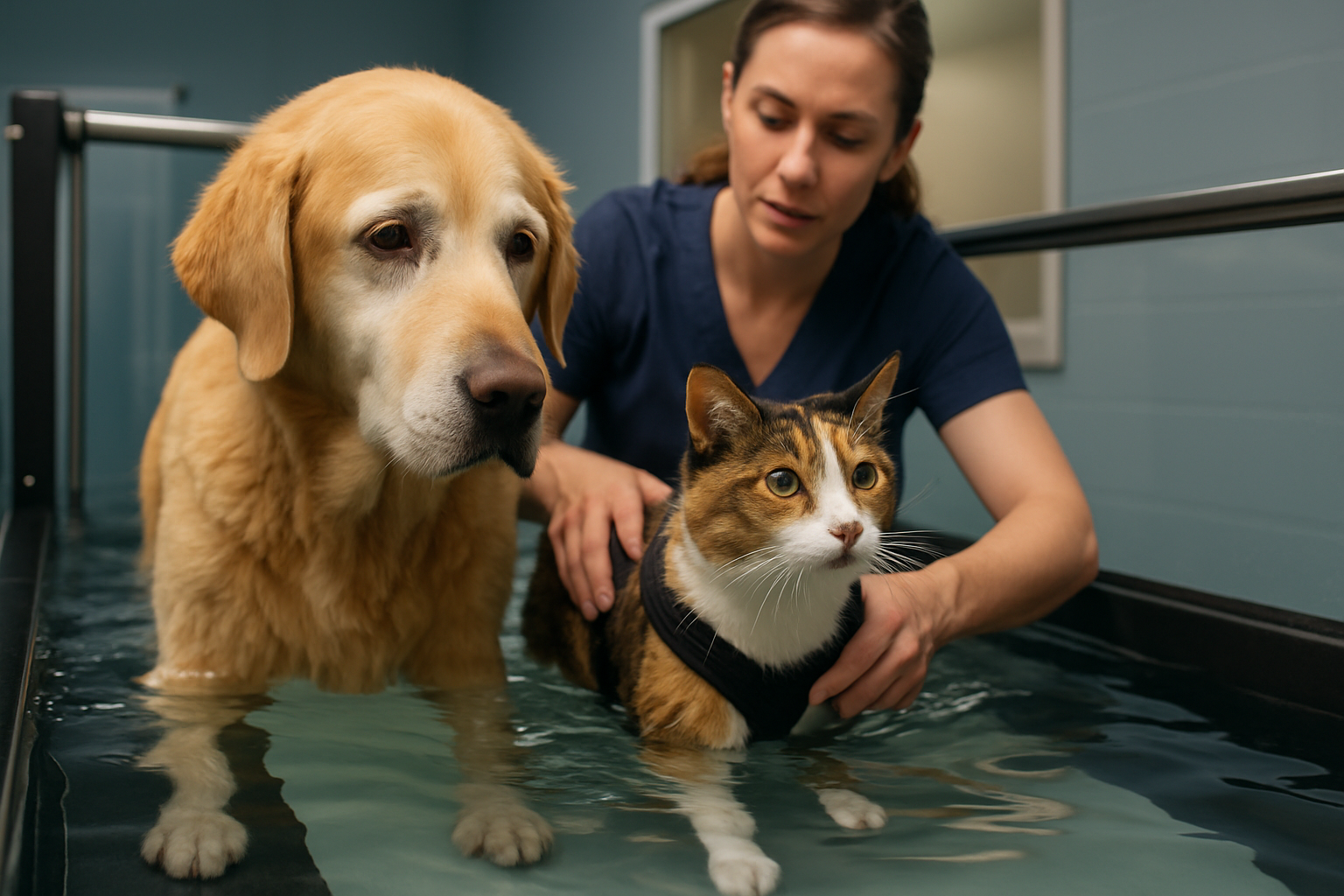Understanding the Average Cost of Veterinary Services in Your Area
Pet ownership brings immense joy, but it also comes with financial responsibilities, particularly when it comes to veterinary care. Understanding veterinary costs in your local area helps you budget effectively for your pet's healthcare needs and make informed decisions about treatment options. Veterinary expenses can vary significantly based on geographic location, type of practice, and the specific services your pet requires. From routine check-ups to emergency procedures, having a clear picture of potential costs allows you to plan ahead and ensure your furry companion receives the care they deserve without unexpected financial strain.

How Much Does a Nearby Vet Cost for Routine Care
Routine veterinary care forms the foundation of your pet’s health maintenance and typically includes annual wellness exams, vaccinations, and preventive treatments. A standard wellness examination for dogs or cats generally ranges from $50 to $150, depending on your location and the veterinary practice. Urban areas tend to have higher costs compared to rural locations due to increased overhead expenses and higher demand for services.
Vaccination costs vary based on which vaccines your pet needs, with core vaccines like rabies, DHPP for dogs, or FVRCP for cats typically costing between $75 to $200 for a complete series. Additional vaccines such as Lyme disease, kennel cough, or feline leukemia may add $20 to $50 per vaccine to your total bill.
How Much Does a Vet Cost for Emergency Services
Emergency veterinary visits represent some of the highest costs pet owners face, often occurring without warning and requiring immediate attention. Emergency examination fees typically start at $150 to $300 just for the initial assessment, with additional costs for diagnostic tests, treatments, and medications.
Common emergency situations like ingesting foreign objects, severe injuries, or sudden illness can result in bills ranging from $500 to $5,000 or more. Complex surgeries, intensive care stays, or specialized treatments can push emergency costs into the thousands. Many emergency clinics require payment upfront or a significant deposit before beginning treatment, making it crucial to understand these potential expenses in advance.
Vet Costs for Specialized Procedures and Surgery
Surgical procedures represent a significant category of veterinary expenses, with costs varying dramatically based on complexity and duration. Routine spaying or neutering typically costs between $200 to $800, depending on your pet’s size, age, and any complications that may arise during the procedure.
More complex surgeries such as orthopedic repairs, tumor removals, or internal organ procedures can range from $1,500 to $7,000 or higher. These procedures often require pre-surgical bloodwork, anesthesia, surgical time, post-operative monitoring, and follow-up care, all contributing to the total cost. Dental cleanings, another common procedure, typically range from $300 to $1,200 depending on the extent of dental work required.
| Service Type | Provider Type | Cost Range |
|---|---|---|
| Wellness Exam | General Practice | $50 - $150 |
| Vaccination Package | General Practice | $75 - $200 |
| Emergency Visit | Emergency Clinic | $150 - $300 |
| Spay/Neuter Surgery | General Practice | $200 - $800 |
| Dental Cleaning | General Practice | $300 - $1,200 |
| Complex Surgery | Specialty Clinic | $1,500 - $7,000+ |
| Diagnostic Imaging | Specialty Clinic | $300 - $1,500 |
Prices, rates, or cost estimates mentioned in this article are based on the latest available information but may change over time. Independent research is advised before making financial decisions.
Factors Affecting Local Veterinary Pricing
Several factors influence veterinary costs in your specific area, making it important to understand why prices can vary significantly between practices and regions. Geographic location plays a primary role, with metropolitan areas typically charging 20-40% more than rural practices due to higher rent, staff salaries, and operational costs.
The type of veterinary practice also affects pricing structure. Corporate veterinary chains may offer standardized pricing but potentially less personalized care, while independent practices might provide more individualized attention with varying cost structures. Specialty and emergency clinics generally charge premium rates due to their advanced equipment, specialized training, and extended hours of operation.
Practice overhead costs, including rent, equipment maintenance, staff wages, and insurance, directly impact the fees charged to clients. Newer practices with state-of-the-art equipment may charge higher fees to offset their investment costs, while established practices might offer more competitive pricing due to paid-off equipment and established client bases.
Planning and Budgeting for Pet Healthcare Expenses
Creating a realistic budget for your pet’s healthcare requires understanding both predictable routine costs and preparing for unexpected expenses. Annual routine care typically costs $500 to $1,500 per pet, including wellness exams, vaccinations, parasite prevention, and basic dental care.
Establishing an emergency fund specifically for pet healthcare can help manage unexpected costs. Financial experts recommend saving $1,000 to $5,000 per pet for emergency situations, though this amount may vary based on your pet’s age, breed, and health status. Pet insurance represents another option for managing veterinary costs, with monthly premiums typically ranging from $20 to $100 depending on coverage levels and your pet’s characteristics.
Many veterinary practices offer payment plans, care credit options, or wellness packages that spread costs over time. Discussing payment options with your veterinarian before services are needed can help you understand available alternatives and make informed decisions during stressful situations.
Understanding veterinary costs in your area empowers you to make informed decisions about your pet’s healthcare while avoiding financial surprises. By researching local veterinary practices, understanding typical pricing ranges, and planning for both routine and emergency expenses, you can ensure your pet receives necessary care without compromising your financial stability. Regular communication with your veterinarian about costs and treatment options helps build a transparent relationship that benefits both you and your beloved companion’s long-term health and wellbeing.
This article is for informational purposes only and should not be considered medical advice. Please consult a qualified healthcare professional for personalized guidance and treatment.




